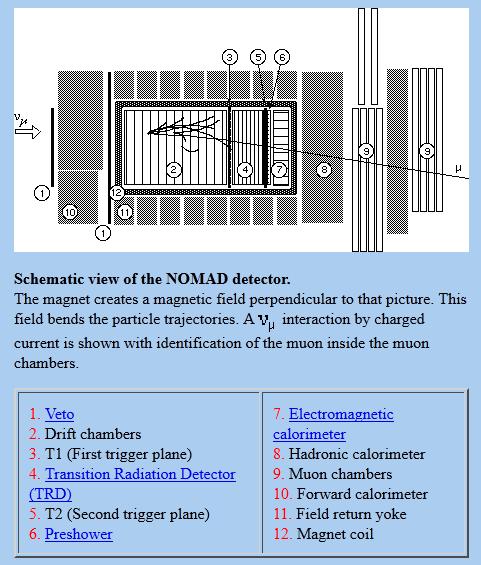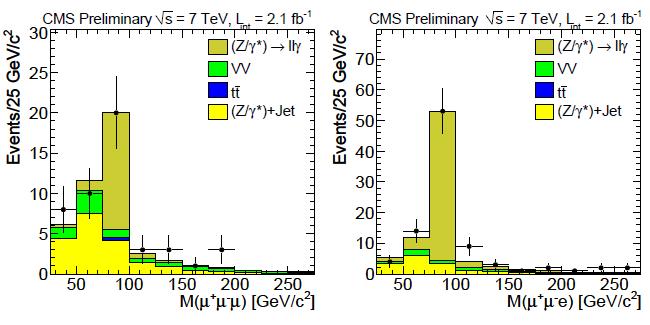The Arxiv today features a quick-and-dirty
study of the occurrence of electron-positron pair signal in the NOMAD detector, which obtains very strong bounds on the superluminal behaviour of energetic muon neutrinos like the ones whose speed has been
recently and famously measured by OPERA.
The following is an excerpt from a book I am working on intermittently. I do not know whether the project will ever see the light, and it just occurred to me that I could share a tiny bit of it with you in my blog. Enjoy!
----
Due to the need of optimize my time, in the last couple of years my blogging has evolved to a rather monochromatic kind -physics, physics, physics. But it needs not be so: once in a while, there has to be a post here on personal matters.
So here you get to learn personal matters on yours truly. In particular, one bit of information, which by now is public even in my facebook profile so there's no point to avoid mentioning here: my wife and I separated by mutual consent yesterday.
Once in 737,000 times. That's how frequently happens what I saw yesterday evening, playing poker with my kids.
We were playing with eights and up since we were three, so 28 cards. And Filippo got served off the deck a straight flush. Even waiving the fact that it was a maximum flush (10-J-Q-K-A), there are only 16 such combinations in a 28-card deck, out of 12-some million possible hands.
Small-probability events do happen from time to time, and we usually give too much importance to them. I will most probably never see another straight flush at my table in my life, but maybe one day I'll die in a plane crash (an event which has similar odds).
A process which caught some of the LHC Higgs analysts by surprise in the recent run of analyses for summer 2011 conferences is the production of multiple-lepton events by a process called "internal photon conversion in Z events". What is it, and how can we size it up ?
The conversion of a real, energetic photon into a fermion-antifermion
pair readily occurs when the particle traverses a medium: the process is also known as "pair production", and is the leading form of energy loss of energetic photons in matter. It is thanks to it (and to the related process called "bremsstrahlung" of energetic electrons) that our electromagnetic calorimeters can measure electrons and photons!
A routine check of the hep-ex preprints in the Cornell Arxiv revealed today some interesting papers worth giving a look. At least, they are interesting to me: don't expect me to publicize stuff I do not understand or care about! Also, I should mention that many more interesting papers are daily produced, but one cannot really follow everything...
So here is a short list with minimal commentary, for those of you willing to expand your knowledge with a half hour of paper browsing.
 Living At The Polar Circle
Living At The Polar Circle Conferences Good And Bad, In A Profit-Driven Society
Conferences Good And Bad, In A Profit-Driven Society USERN: 10 Years Of Non-Profit Action Supporting Science Education And Research
USERN: 10 Years Of Non-Profit Action Supporting Science Education And Research Baby Steps In The Reinforcement Learning World
Baby Steps In The Reinforcement Learning World








